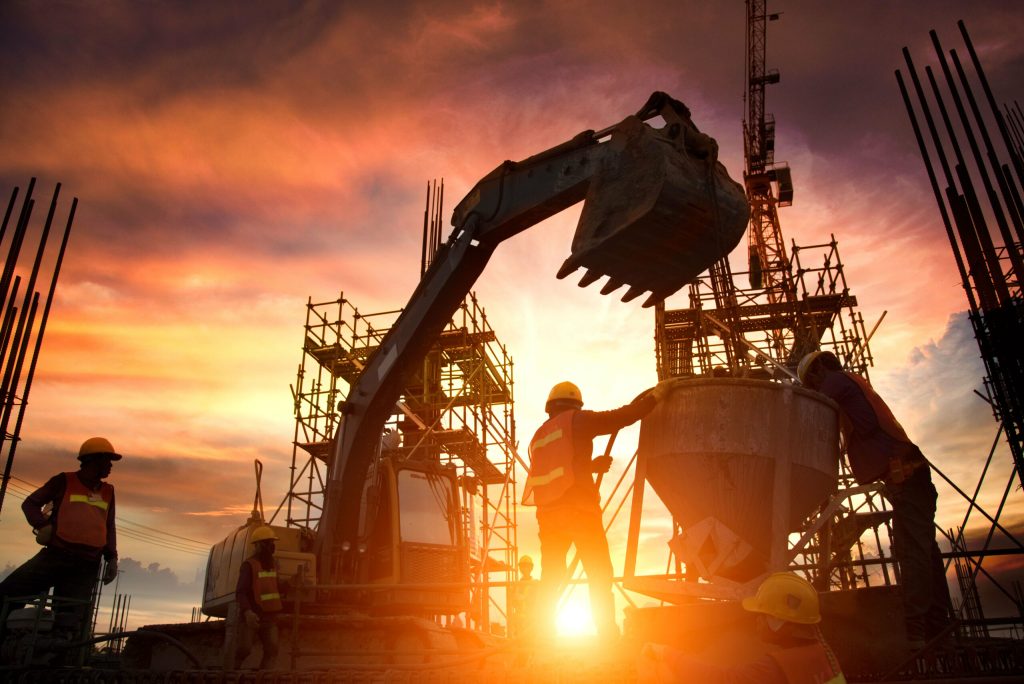Human beings have three basic needs: food, drink, clothing, and shelter. A house is not a luxury but a fundamental need that promotes peace, stability, economic growth, and social respect. One of the greatest pride of being Tanzanian is owning a house, often expressed in the popular saying, “Kata Simu, Tuko Site” (Hang up the phone, we’re on site).
All Tanzanians dream of owning land, starting construction, and living in their homes to avoid paying rent. According to FSD Tanzania, one of the top three reasons people save or borrow money is to build a house (the first is to have cash on hand, and the second is to invest).
From 2017 to 2021, Tanzanians borrowed money for various needs, with only 3% (2017) and 4% (2021) going to building or renovating houses. This is a very small increase compared to other expenses like living costs, medical expenses, and emergencies, which averaged between 23-30% and 18-24%, respectively.
Tanzania’s budget is 49.35 trillion, with the Ministry of Lands allocated 450.83 billion, just 0.91% of the total budget. Initially, the ministry was allocated 163.17 billion and requested an additional 172%, or 287.66 billion.
This indicates that this Ministry is not prioritized like others. The ministry’s revenue target 2023 was 300 billion, but they collected only 136 billion (45.3% of the target). The main source of revenue is land rent, yet a large portion of mainland Tanzania remains unsurveyed, leading to many disputes and cautious land purchases for building houses.
Also, read Rent vs. Service Charges: The Withholding Tax Dilemma Explained, 10% or 5%?
Access to construction funds is a challenge, with many Tanzanians building slowly as they save, take loans, or engage in illegal business to build quickly. According to TMRC data from March 2024, loans increased from a growth rate of 4.65% in December 2023 to 11.38% in March 2024. However, Habitat for Humanity Tanzania reported that over 70% of Tanzanians do not benefit from these loans as they are designed for the upper and middle classes only.
No new housing projects were initiated during the entire fifth government’s term; all were continuations from previous administrations. Public institutions holding citizens’ funds were directed to build factories rather than residential buildings, creating a significant housing shortage for government workers, private employees, and the general public.
We need a Tanzania that provides housing for those starting their lives, allowing them to pay rent gradually and eventually buy a house. This would boost the economy by redirecting income to investments rather than house construction, which burdens families. The government’s priority should be surveying, planning, and formalizing Tanzania’s land, generating revenue and preventing disputes.
Looking at African countries that have advanced in housing, like Libya, their government provided homes for their citizens. Additionally, improving road and transport infrastructure is essential for people to reach their homes on time without damaging their vehicles. A 2010 survey by the Tanzania Chamber of Industry stated that Tanzania loses 20% of its revenue due to road congestion and accidents, a figure now estimated to be 1.5 times higher due to population growth.
The Tanzania we want prioritizes the rights of Indigenous people who have lived on their land for so long that their customs and traditions are intertwined with it. Development must come, but it should be achieved through dialogue, not force, in reaching agreements on land use and housing development.
The big question we and our leaders must ask is whether development follows people or people follow development. The 2050 national vision must recognize that development should be driven by government initiatives, such as roads, water, sewage, networks, and land surveying, allowing people to settle and build homes orderly to avoid confusion and conflicts.
Also, read NHC’s Rise to Glory: Tanzania’s Real Estate Boom!
We envision a Tanzania where no young person starting to earn an income worries about building a house first. The government should ensure easy access to these services so that income goes to investment, savings, and other needs. It is possible! Tanzania, where youth starting at age 30 are handed starter homes.
Here are 10 things the government should do and include in its 2050 Vision plan:
- Housing and Shelter Policy.
- Plot Loans tied to transaction fees on mobile and bank accounts.
- Enable banks to offer low-interest housing loans and encourage more microfinance housing institutions.
- Public-private partnerships for affordable housing, shelters for domestic violence victims, and special needs homes.
- Establish the Real Estate Regulatory Authority (RERA) and the Estate Agency Board (EAB).
- Use technology in government housing projects to support Rent-to-Own, Mortgage, and Rent options, such as access control systems that lock doors if rent isn’t paid.
- Smart home technologies conserve energy and water, aiding construction experts in building houses that meet people’s needs.

